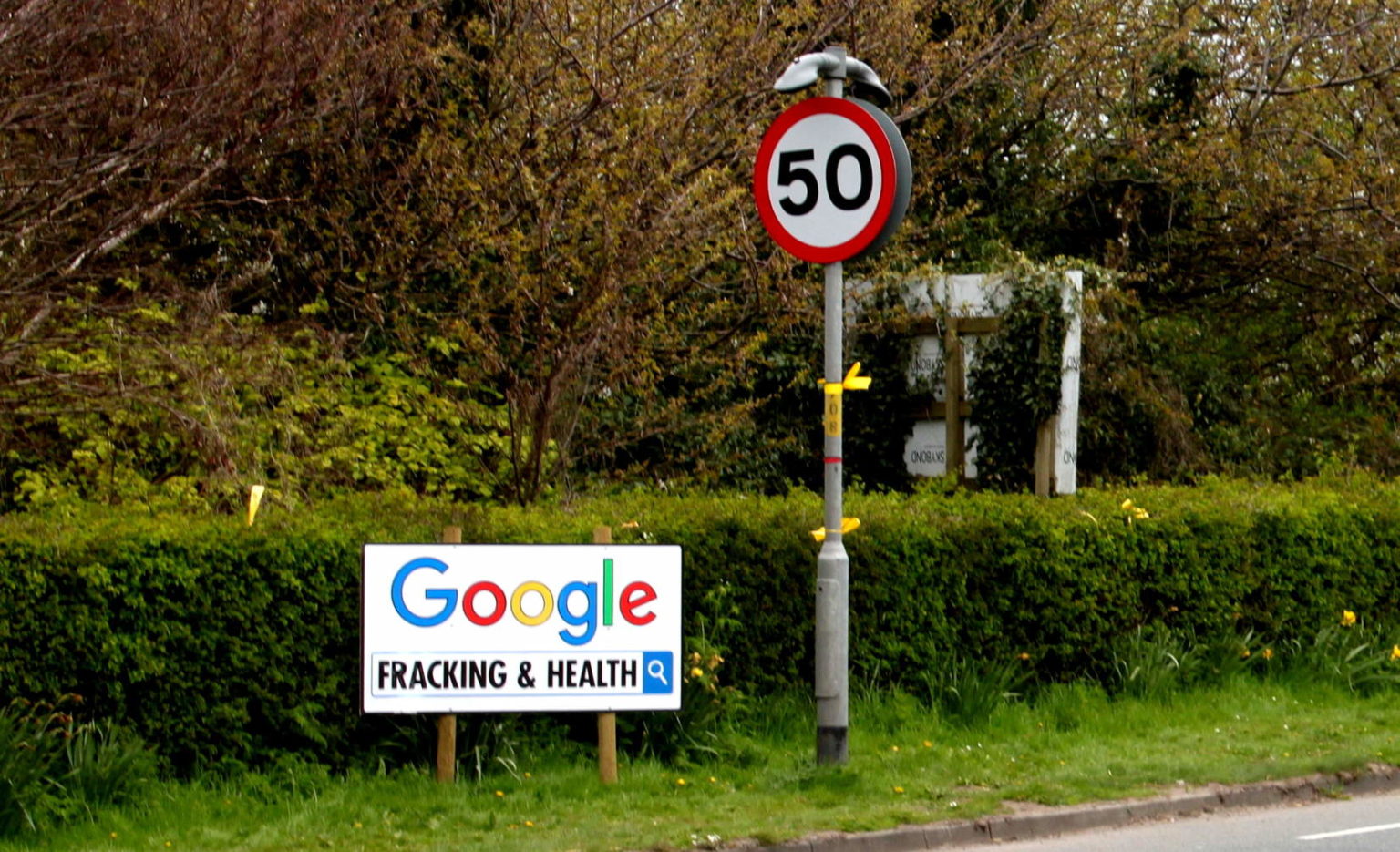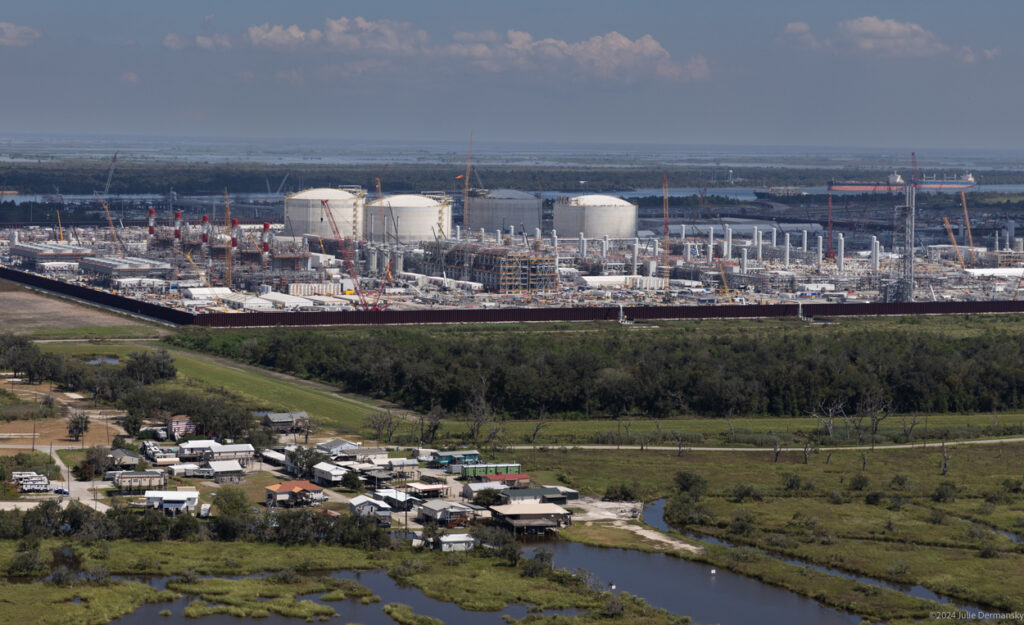Anti-fracking activists today delivered a petition to government agency Public Health England calling for a review of the health impacts of shale gas extraction.
The handover coincides with a court case in which protesters are appealing the government’s decision to allow fracking to go-ahead in Lancashire despite the council rejecting Cuadrilla’s planning application last year.
Cuadrilla this month started drilling an exploratory well at its Preston New Road site. It has previously said it expects to start fracking by the end of the year.
One of the petition’s organisers, Claire Stephenson from the Preston New Road Action Group, said she hoped it would, “create a niggle in the back of Public Health England’s mind that their duty is to the public and not to the government.”
Out of Date Evidence
The petition is aimed at making more people aware of the health risks associated with fracking, and to demand a report from Public Health England using the most recent studies.
The last report Public Health England conducted was in 2014 and concluded that, “potential risks to public health from exposure to the emissions associated with shale gas extraction are low if the operations are properly run and regulated”. The activists argue that there is substantially more information about fracking related health risks available now to take into consideration.
Fracking was banned in New York, US in 2014 after a report by the New York health department identified public health risks coming from air pollution, drinking water contamination and excess methane in water, among other issues.
In Scotland a government report also found that “air and water-born environmental hazards” could occur from fracking.
A spokesperson for health professionals charity Medact said: “An updated health impact assessment on shale gas production in the UK is long overdue. Not only is it a health risk to local communities, its contribution to global warming would affect people everywhere.
“Promoting shale gas production is reckless and irresponsible. Too many people are already dying from climate change.”
Stephenson said: “This petition is another step in the strategy we are using to make people aware of the risks fracking carries. As fracking is happening now, the drilling has started, it’s crucial that the evidence is reviewed”.
Anti-fracking activists in Lancashire hope a new, up to date report will have a knock on effort of limiting, and eventually banning fracking in England.
Another of the petition’s organisers, Dr Frank Rugman, described fracking in Lancashire as “gross industrialisation” and said that residents living close to the site, especially within one mile, “should be and are very concerned.”
“One of the things that concerns me the most is that Public Health England’s report is now effectively out of date as the last publications they looked at were from 2012 and 2013,” Rugman said. “But since that time there has been a significant accumulation of data regarding health impacts from very well established institutions”.
For instance, a 2016 study by the John Hopkins Bloomberg School of Public Health found fracking wells were associated with an increase in asthma attacks, he pointed out.
Rugman also argues that noise pollution needs to be taken seriously as a health risk to residents close to fracking sites. Lancashire county council initially rejected Cuadrilla’s plans partially on the grounds of unacceptable anticipated noise levels. Nocturnal noise from drilling may put close residents at risk from cardiovascular problems and may impair childrens learning, he said.
Lancashire resident Nick Danby said the health risks are a serious concern and he’s “not satisfied with how these issues are being monitored at all.”
“As a local resident my primary health concern is the potential contamination of the water supply. The chemicals used in the fracking process are incredibly toxic and despite reassurances I’m not convinced there’s a way to completely control where they go.”
The activists are also concerned about the adequacy of regulation that the UK has on fracking.
“Ultimately we want to protect the community we’re in and beyond,” Stephenson says. “Public Health England is for the whole UK, they are supposed to cover every community and it’s failing currently.”
“This petition is so important because this industry has been rolled out amongst communities when it is unsafe and untested. Fracking carries warnings from every other country that has experienced it but the UK have ignored the warnings,” Stephenson said. “It is crucial it’s paid attention to.”
Main image credit: Mat Hope/DeSmog UK CC 2.0. Updated 06/09/2017: A paraphrased quote attributed to Dr Rugman in paragraph 16 was altered to reflect his statement that noise from fracking rather than the practice itself could impact residents.
Subscribe to our newsletter
Stay up to date with DeSmog news and alerts







